North
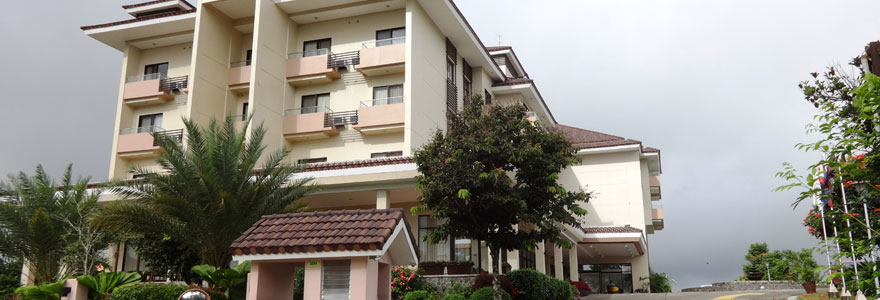
Tagaytay Hotels
Tagaytay Prior to becoming a city in 1938, Tagaytay was a small mountain village for some 300 families. Because of the vast potentials as a recreational center, development boomed in the 1970’s when investors began building, quickly transforming Tagaytay into…
Read more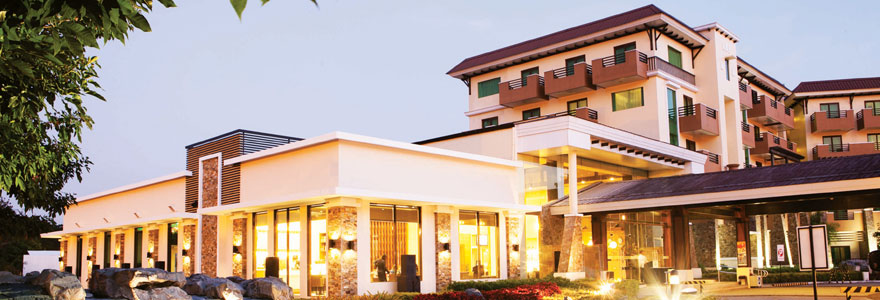
Pampanga Hotels!
Brief History of Pampanga by: Joas Chavez Pampanga, which derives its name from “pampang” or “pampangan” (river bank), is a rich and fertile valley in Central Luzon. On the western and northwestern side rise the foothills of the Zambales range….
Read more
Olongapo Hotels!
The City of Olongapo City (Tagalog: Lungsod ng Olongapo; Sambal: Syodad nin Olongapo) is an urbanized city located in the province of Zambales, Philippines. According to the 2000 census, it has a population of 194,260 people in 43,107 households.
Read more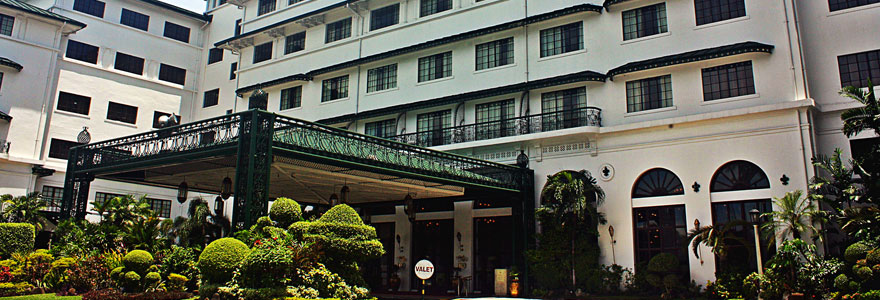
Manila Hotels
Metro Manila is situated on an isthmus bounded by Manila Bay to the west and Laguna de Bay to the south-east and divided by Pasig River that links the two bodies of water. The city lies on a wide flood…
Read moreDipolog Hotels
Dipolog is a 1st class city and the capital of the province of Zamboanga del Norte on the southern Philippine island of Mindanao. Geographically, the city is surrounded by rolling hills to the southeast and the Sulu Sea to the…
Read more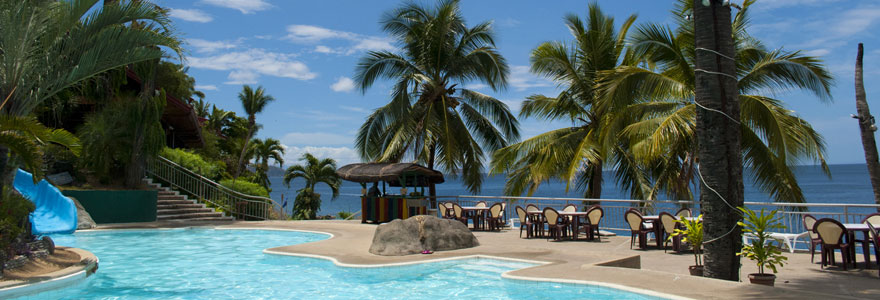
Batanggas Hotels
Batangas is a province of the Philippines located on the southwestern part of Luzon in the CALABARZON region. Its capital is Batangas City and it is bordered by the provinces of Cavite and Laguna to the north and Quezon to…
Read more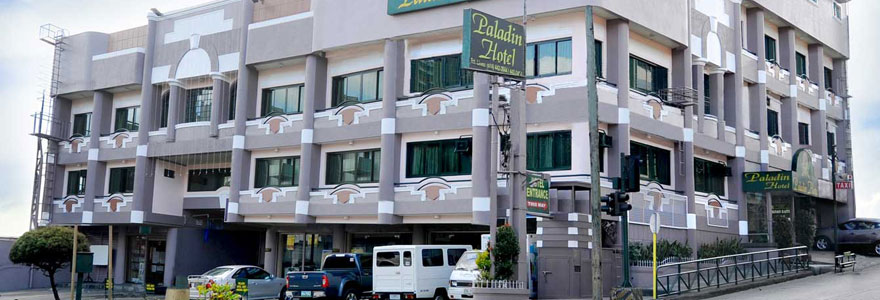
Baguio Hotels
The City of Baguio (Ilokano: Ciudad ti Baguio; Tagalog: Lungsod ng Baguio) is a highly urbanized city in northern Luzon in the Philippines. Baguio City was established by Americans in 1900 at the site of an Ibaloi village known as…
Read more